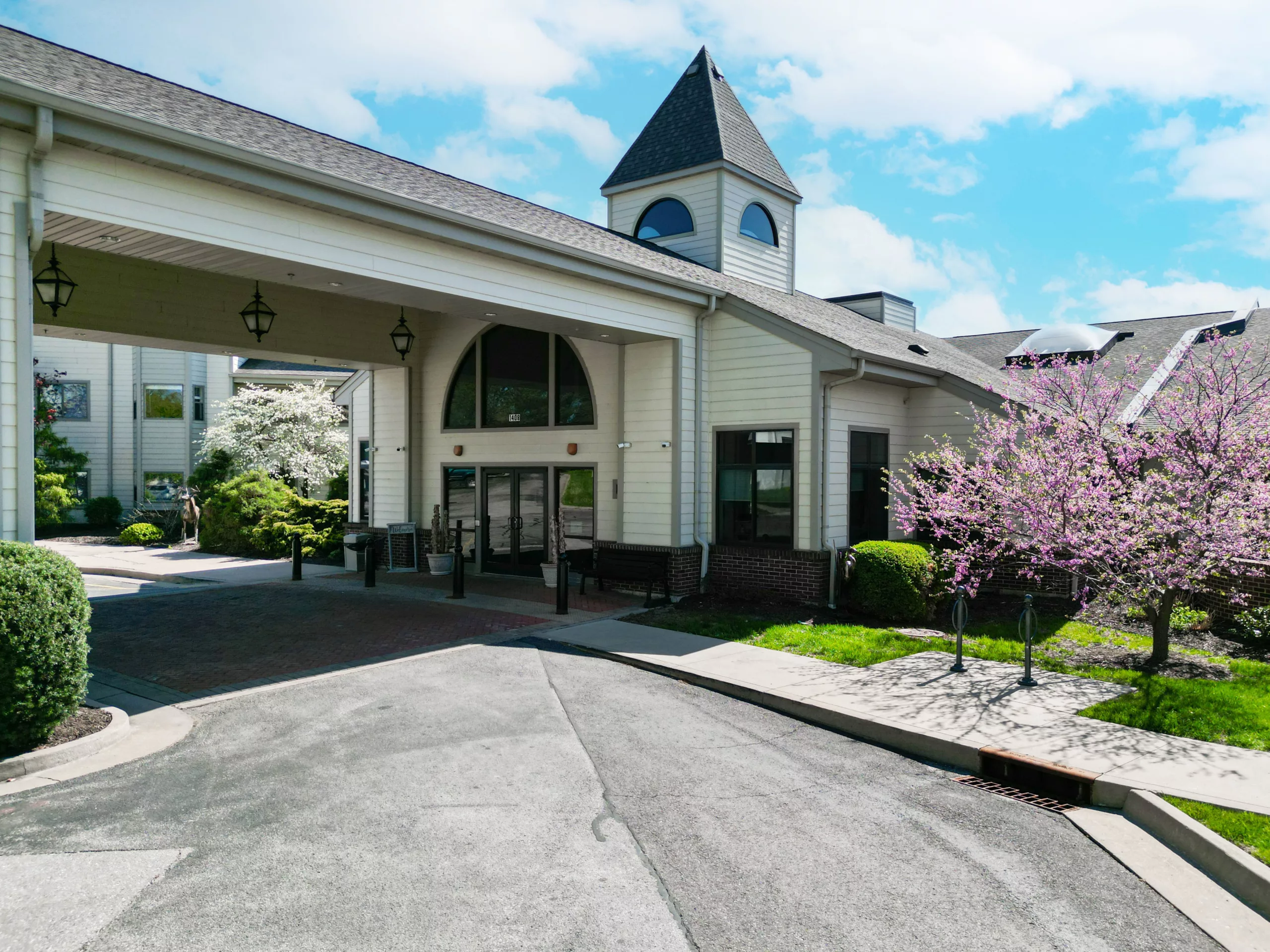Though it might present as a complex adjustment, retirement can be full of liberty and freedom to do what you always dreamed and never had the time. During the working years, retirement can appear to be both an oncoming burden and a distant paradise. Workers know that this stage of their lives is coming, and do everything they can to save for it, but often give little thought to what they will actually do once they reach the goal. You begin looking forward to retirement and envisioning what life will be like when you’re no longer working. This is a great time to start making plans for what you’d like to do when you retire, whether it’s traveling, spending more time with family, or adopting new hobbies. Of course, it’s also essential to ensure that your retirement savings plan is aligned with your goals.
As retirement approaches, your excitement may be accompanied by a twinge of fear. To ease any anxiety you may feel, focus on mapping out what your day-to-day life will look like and take any necessary steps to prepare yourself for the changes retirement will bring. Once the retirement celebrations are over, a period often follows when retirees get to do all the things that they wanted to do once they stopped working, such as travel, indulge in hobbies, visit relatives and so forth. You may also discover new hobbies-all of the things you looked forward to while you were working. The new retiree finally has the time to do the things that have been put off for years. This includes projects, such as cleaning out closets and other chores around the home, seniors travel to visit family and friends, starting new leisure activities, hobbies and taking classes. Hopefully, during this time, the new retiree will engage in self-examination where they assess their needs and establish a life purpose.
Filling spare time becomes a major focus. Leisure activities become more important as they fill different objectives. On the one hand, leisure activities become a way to fill time, whichis a major shift from a time of being too busy with the former working world. Leisure activities can be the primary way retirees stay connected to others, whether it is through taking classes or playing golf. The ability to feel connected is primary to determining a satisfying retirement. From these activities, people generally establish a routine to keep busy, but also as a way of relaxing and enjoying their time.
After the emotional high has worn off and inevitably must now face the music, as it were, and get down to the business of building a new life. After looking forward to this stage for so long, many people have reported a temporary feeling of letdown, similar to that of newlyweds who must get down to the business of living once the honeymoon is over. Retirement isn’t a permanent vacation after all; it also can bring loneliness, boredom, feelings of uselessness, and disillusionment to avoid feeling down or bored, it’s crucial to stay active in hobbies and maintain social connections. Instead of reflecting too much on the past, consider all the exciting opportunities still available to you. Finding new activities, staying in touch with family and friends, and making new acquaintances are all good ways to remain productive and optimistic.
Fortunately, the letdown phase of retirement doesn’t last forever. Eventually, retirees begin to familiarize themselves with the landscape of their new circumstances and navigate their lives accordingly. Finally, a new daily schedule is created, new marital ground rules for time together versus time alone are established and a new identity has been at least partially created. Eventually, the new landscape becomes familiar territory, and retirees can enjoy this phase of their lives with a new sense of purpose. As the body gets older, it will eventually slow down as one faces the end of their life in our stereotypical view of old age. For those who have found peace with themselves and the world around them, the final phase can be one of contentment.
As the body slows down, they may take on the role of sage or elder in their family or community. This single most important aspect of retirement is freedom of one’s time. The ability to manage time wisely is critical to a successful retirement. Finding fulfilling activities that are challenging, meaningful, and keep you connected with others are important factors in using your time wisely.
________________________________________________________________________________
The Terrace is a complete retirement community, a place where you can call home. Visit our site and see what amenities and activities we have to offer our citizens. View our spacious living spaces and contact us at (573) 355-9146 to see if The Terrace is right for you!







